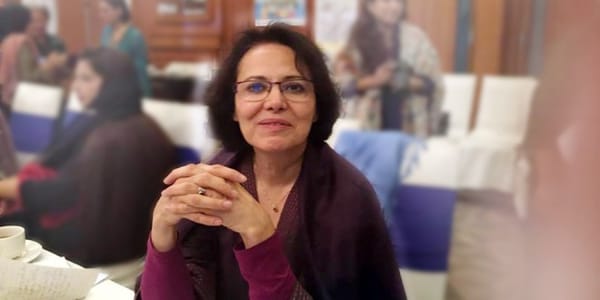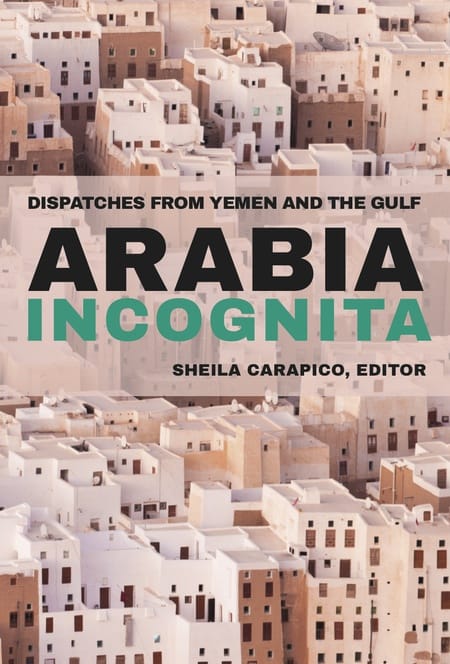
Striking for Dignity and Freedom
More than 1,500 Palestinian political prisoners began a hunger strike on April 17 for better conditions inside Israeli jails. Their demands include access to education, proper medical care and an end to the practice of solitary confinement. They are striking to make their families’ lives easier, too—for regularFear and Loathing in Turkey
Shortly after the failed coup attempt of July 16, 2016 in Turkey, I received a frantic text message from a lifelong friend, Lale Kemal. Lale is a prominent freelance journalist with an impeccable 37-year record of non-partisan reporting and analysis. She is an internationally known expert on Turkish civil-military relations,On the Breadline in Sisi's Egypt
On March 6, 2017, hundreds of local residents took to the streets of towns and cities in Upper Egypt and the Nile Delta after the Ministry of Supply cut their daily ration of subsidized baladi bread. By the following day, thousands were protesting in 17 districts across the country. InThe Walled-Off Hotel Controversy
The British street artist known as Banksy is no stranger to controversy. His public art about capitalism, misogyny and racism always produces conversation. His newest installation in occupied Bethlehem, the Walled Off Hotel, is generating significant public debate about Palestine-Israel. According to different media reports, Banksy aims to focus attentionTurkey in a Tailspin
The epic blunder of the military coup attempt on July 15 has sent Turkey into a tailspin. President Recep Tayyip Erdoğan, the prime minister and cabinet, the parliament, the top military brass, the intelligence community and the police all became aware of the plot at the same time as ordinaryLetter to UN Secretary-General Regarding Saudi Arabia's Removal from List of Armies Charged with War Crimes
"The ruling Saudi regime obviously knows how to use its wealth to manipulate dysfunctional international bodies such as the UN. However, in the eyes of the global community it stands charged with overwhelming evidence of war crimes and of fundamental human indecency."
Release Homa Hoodfar
We are deeply concerned by the arrest and ongoing detention of Homa Hoodfar, an eminent anthropologist and contributor to Middle East Report, by the Revolutionary Guard Corps of the Islamic Republic of Iran. Hoodfar traveled to Iran in early 2016 to visit family and conduct scholarly research. She was scheduled